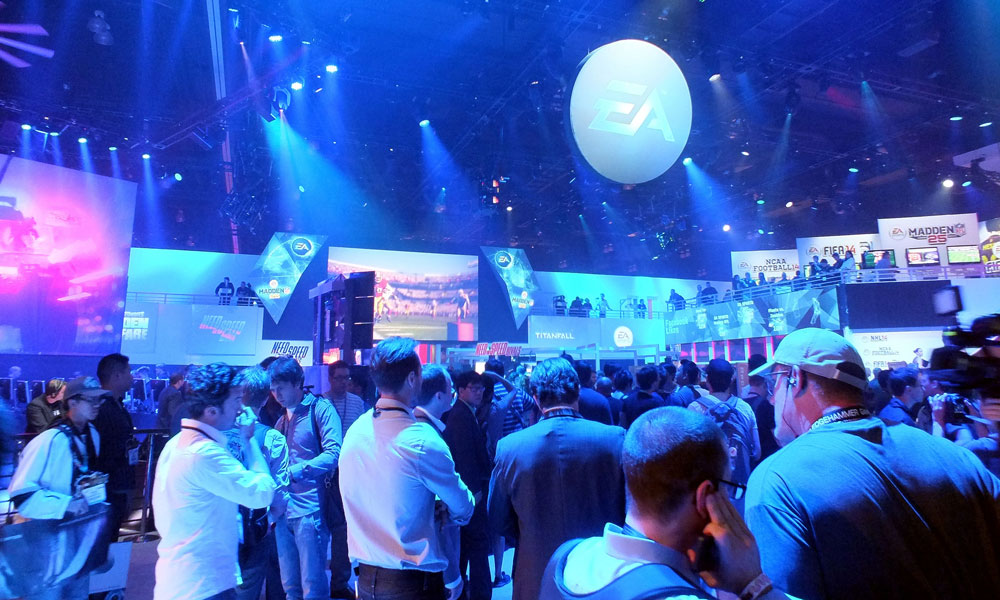
Are Exhibitors Opting Out of the Traditional Tradeshow Booth?
Last week a longtime exhibitor announced it would no longer occupy a tradeshow booth at the upcoming Entertainment Software Association expo and instead hold an offsite event of its own. Should other associations be concerned?
When the Entertainment Software Association’s E3 2016 Expo takes place in Los Angeles in June, it will miss one of its largest and longest-tenured exhibitors: entertainment software company Electronic Arts.
Last week EA announced it would not appear on the expo floor and instead opt for a separate fan-oriented event it’s calling EA Play.
How will associations make up the lost revenue if exhibitors do start to slowly leave and hold offsite events of their own?
EA’s three-day offsite event will be hosted at Club Nokia near the Los Angeles Convention Center (where E3 is taking place) and will be open to the public. EA says more details will be shared later about how to attend, but a company representative told gaming news site Polygon that tickets to EA Play will have to be reserved in advance—but they will be free.
The representative added that attendees will get a chance to check out EA’s new offering before industry and the press at E3 2016. “Our players will have access to the games on Monday,” the rep said. “We will open up the event to the industry on Tuesday [when E3 begins], allowing those who are in town for E3 to see our games and join the experience.”
When asked for comment, ESA Senior VP for Communications Rich Taylor said, “EA’s player experience underscores E3 as the global launchpad for video game news, announcements, and excitement. As always, we continue to look forward to their contributions to E3 week and can’t wait to play the games ourselves.”
Time for Concern?
While the departure of EA from the tradeshow floor could mean less exhibit revenue for ESA, particularly if it doesn’t find someone else to take the spot, it may also signal a trend for associations to take note of—given the importance of booth sales to organizations’ bottom lines.
According to ASAE’s Operating Ratio Report, exhibit and tradeshow booth fees are the second-largest source of nondues revenue for both trade associations and individual membership organizations (9.7 percent and 7.5 percent, respectively).
As exhibitors continue to look to create immersive experiences for their prospective customers (or the public, as it is in EA’s case), they could start moving away from the traditional tradeshow booth. Using an offsite venue gives companies more leeway in creating a space they want without having an association dictate space and technology requirements to them.
That’s why now is the time for associations to consider two questions: (1) What must they do to continue to attract their larger and longtime exhibitors to buy booth space? (2) How will they make up the lost revenue if exhibitors do start to leave and hold offsite events of their own?
Neither of these will be easy to answer, but by putting the time in now, organizations won’t be caught off guard if faced with fewer exhibitors and declining profits.
Is your expo hall seeing exhibitors opt out of booth space for similar reasons? Share your story in the comments.
Electronic Arts' E3 booth in 2013. The company creating a competing event that's open to the public. (EMR/Flickr)






Comments